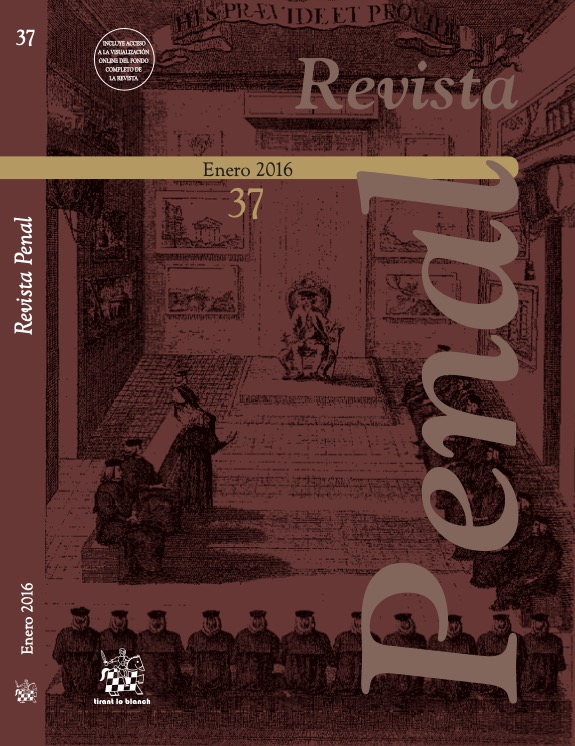Sobre el futuro de la ciencia jurídico penal alemana: apertura y método discursivo en lugar de provincianismo presuntuoso
DOI:
https://doi.org/10.36151/Keywords:
criminal law theory, German and foreign theory, comparative criminal law, criminology, criminal law policy, international criminal law, Europeanisation, internationalisationAbstract
German criminal law theory stands at a crossroads: either the field opens itself up to internationalisation and Europeanisation, or it continues to persist in its “confident provincialism”[1]. Joachim Vogel’s untimely death has deprived us of probably the most influential representative of a new generation of German criminal law theorists, who was one of the first to argue in favour of this move towards greater openness - towards a truly internationalised and Europeanised criminal law theory. Vogel rightly lamented the “tendencies of overestimation, resistance to change, and denial towards international and European ideas”[2] prevalent in Germany and demanded that our field open itself up both in terms of its methodology and content, further calling for greater democracy in criminal law discourse. In this small contribution dedicated to his memory, Joachim’s key thoughts on this debate will be recalled, essentially confirmed and then (in part) developed further. In doing so, I will proceed in three stages: first, several findings will be presented. Then the reasons underlying these findings will be explained, and finally the article will conclude with a call for the necessary changes



